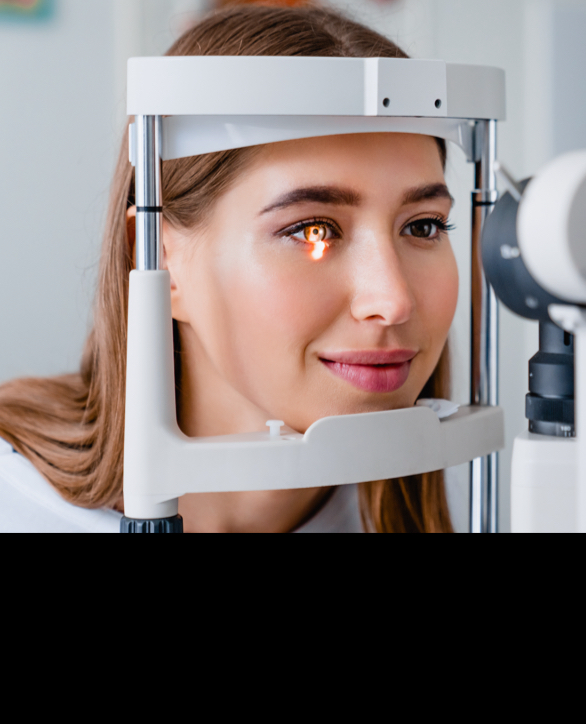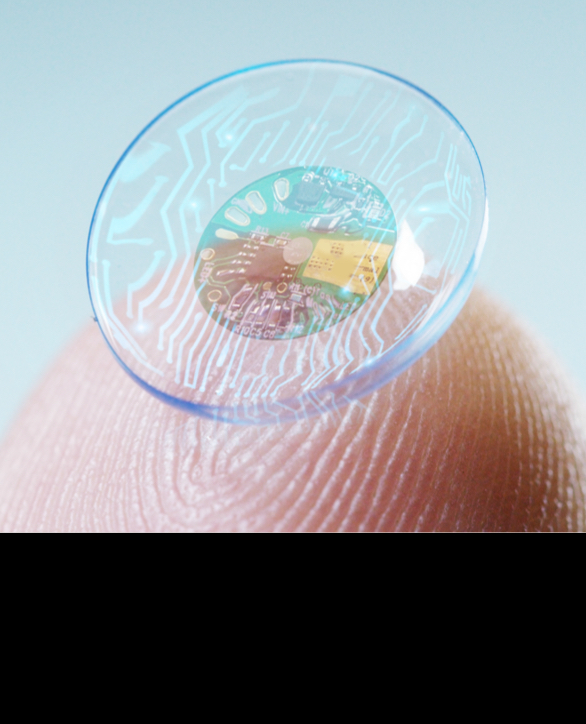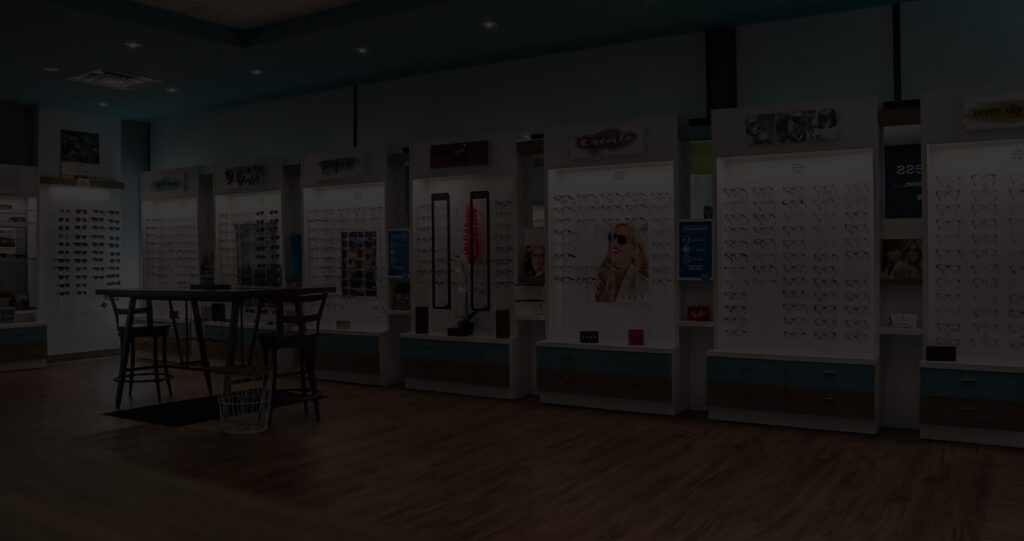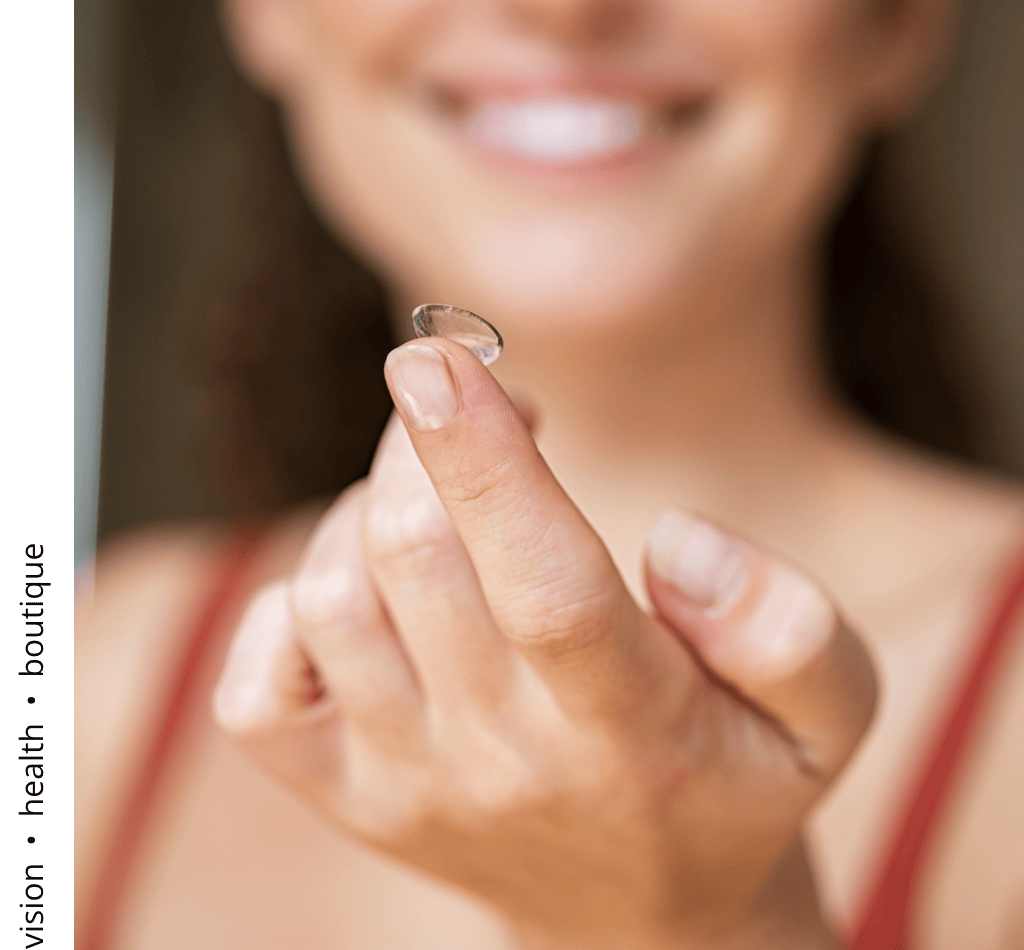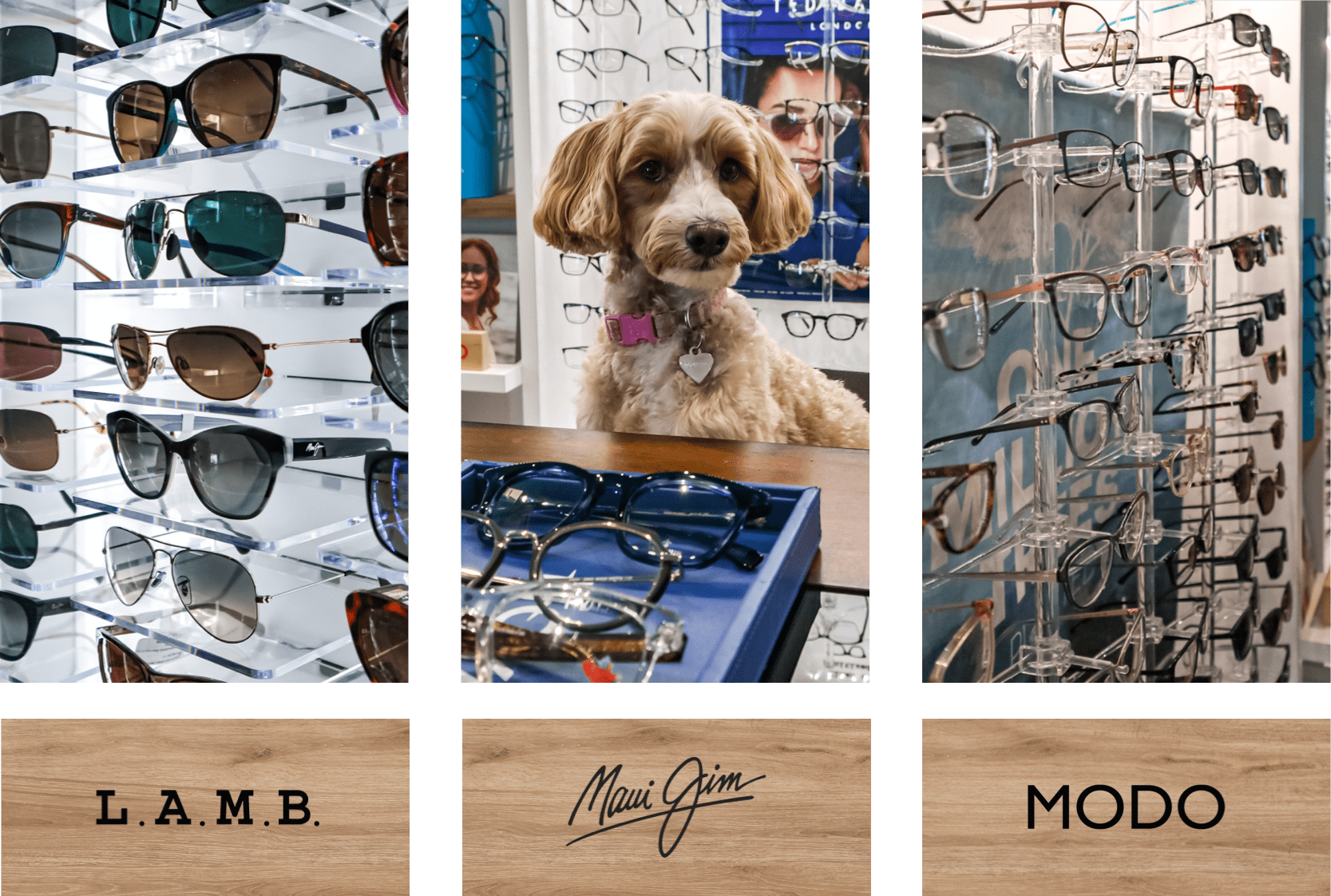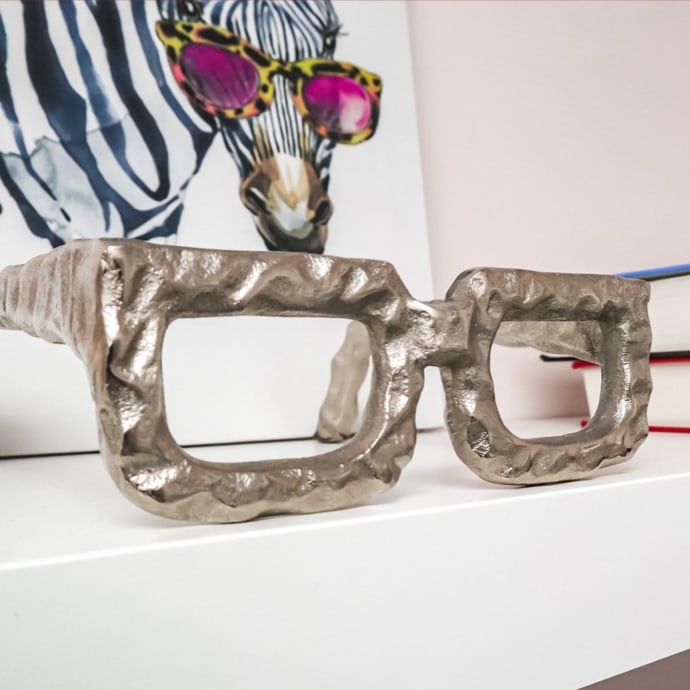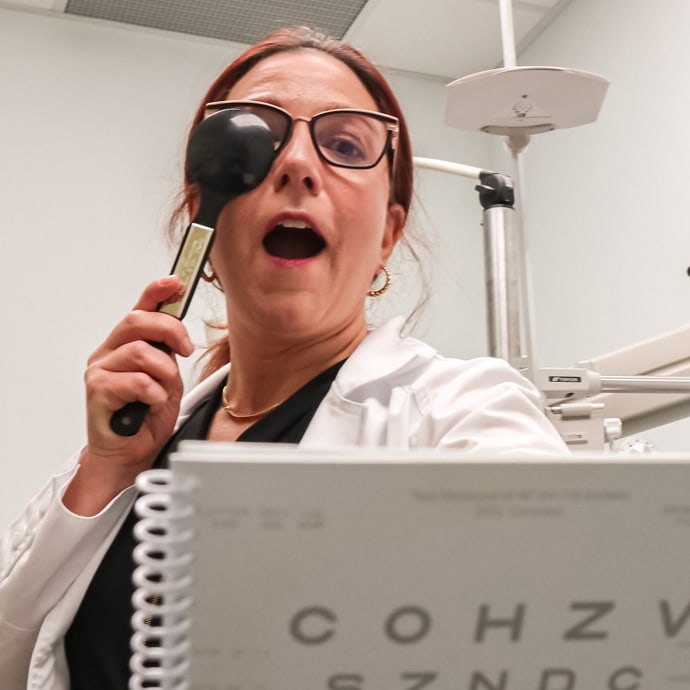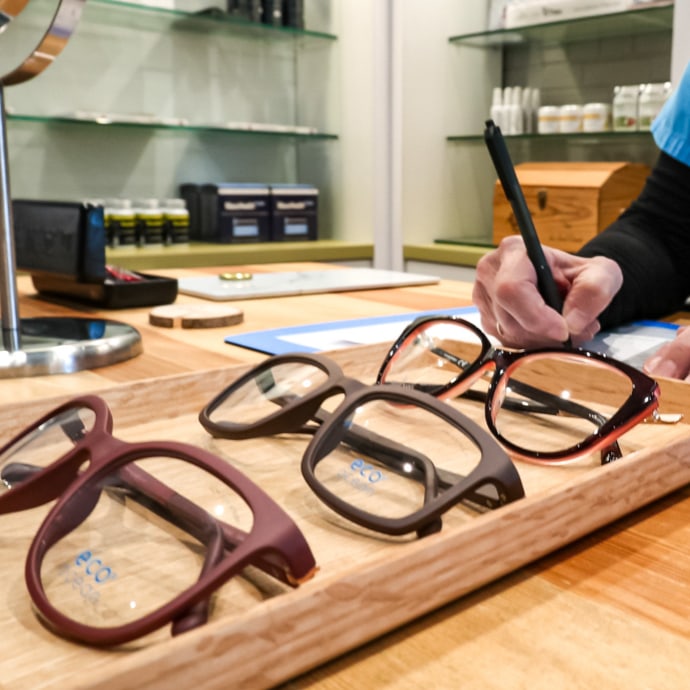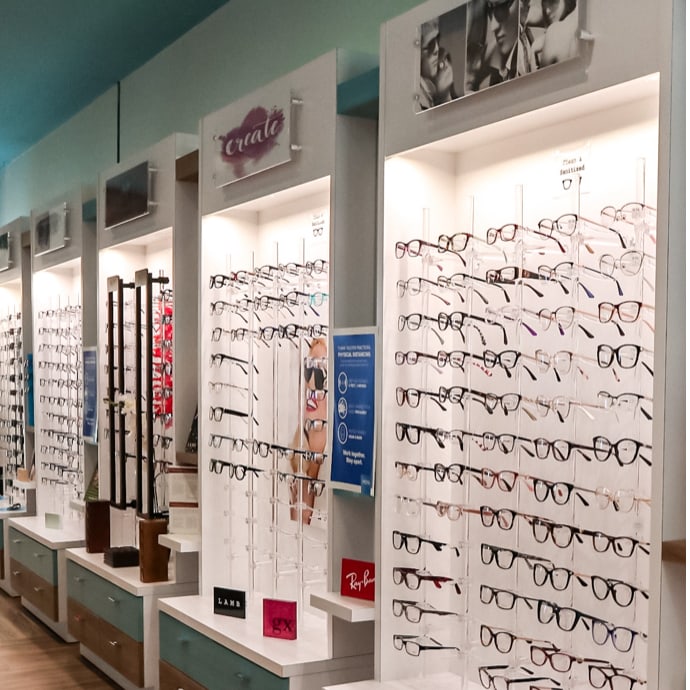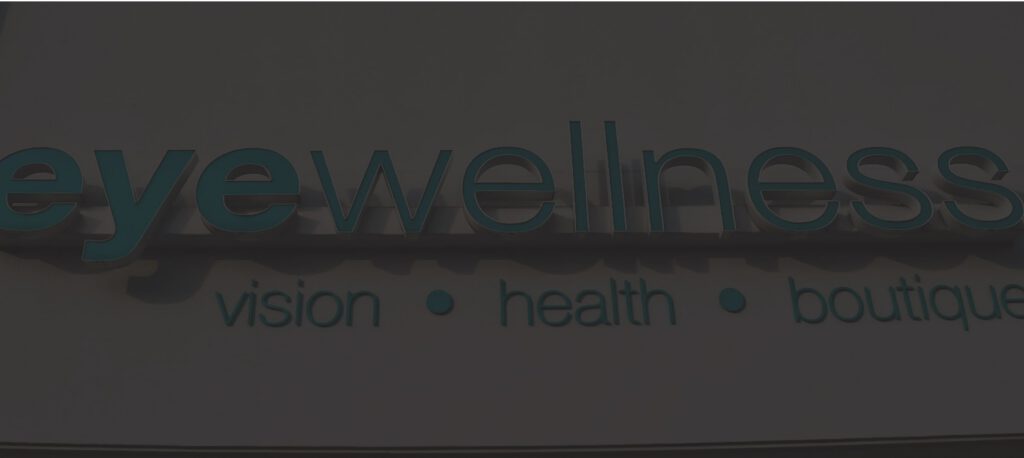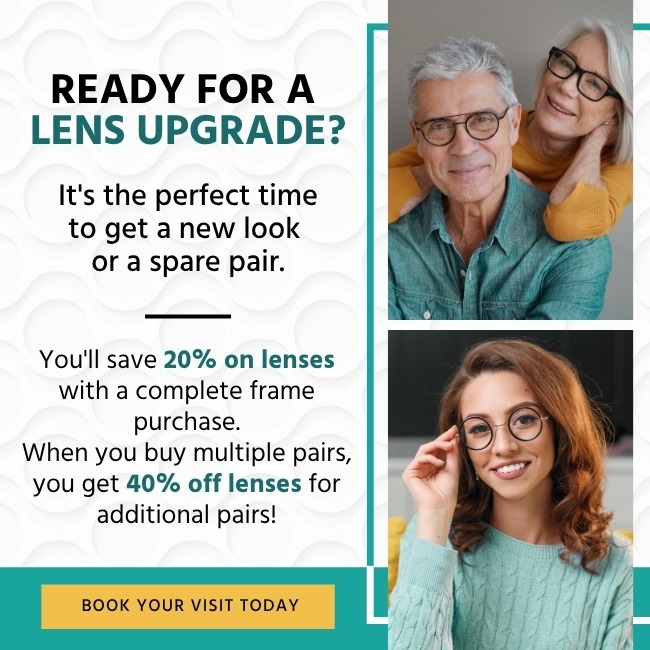Sunglasses aren’t just about style or comfort, they’re a functional part of your overall eye health, especially when you spend a lot of time outdoors. But not all sunglasses are created equal. Some just tint your vision, while others use polarization to filter out specific types of light that can cause glare and eye fatigue.
You can tell if sunglasses are polarized by looking at a digital screen; if the screen appears dark or changes when you tilt your head, the lenses are likely polarized. If you’ve ever tried on a pair of sunglasses and noticed a sudden clarity or reduction in glare, chances are they were polarized. But why does it matter?
What Polarization Actually Does
Polarized lenses are designed to reduce glare caused by light reflecting off flat surfaces like water, snow, roads, and car hoods. While regular sunglasses darken your vision by reducing overall light, polarized lenses go a step further by filtering out specific light waves.
When light reflects off a horizontal surface, it tends to vibrate in a horizontal direction. This creates the intense, often blinding glare that can make it hard to see clearly. Polarized lenses have a special chemical filter that blocks these horizontal light waves while still allowing vertical light to pass through.
This means your eyes can relax. Your vision becomes clearer, more comfortable, and less strained; especially in bright outdoor environments.
How to Tell If Your Sunglasses Are Polarized
If you’re wondering whether your sunglasses are polarized or just tinted, there are a few simple ways to check.
Use a Digital Screen Test
Most digital screens, like those on your phone, computer, or car dashboard, use polarized light. When you wear polarized sunglasses and look at one of these screens, you might notice:
- The screen appears darker or looks like it’s flickering
- Tilting your head slightly makes the screen brightness change
- At certain angles, the screen may even look completely black
This is because the polarization on the screen and your lenses can interfere with each other. If you notice this effect, your sunglasses are likely polarized.
Check for a Sticker or Label
Many sunglasses come with a label or etching that indicates if they’re polarized. Look for tags that say “polarized” or an engraving on one of the lenses. However, these labels can wear off or be removed, so it’s not always a reliable long-term indicator.
Try the Overlap Test
If you have access to two pairs of sunglasses, one known to be polarized and one unknown, you can hold the lenses at a 90-degree angle to each other and look through them. If the overlapping area darkens or turns black, at least one of the lenses is polarized. If there’s no change in darkness, the mystery pair likely isn’t polarized.
Why It Matters for Your Vision & Comfort
The benefits of polarized lenses can go beyond just seeing more clearly. For many people, they offer a more relaxed visual experience, especially during outdoor activities. Whether you’re fishing, skiing, driving, or hiking, polarization helps reduce the intensity of glare and sharpens contrast.
Polarized lenses can be particularly useful for:
- Spending time near water, snow, or sand
- Driving long distances in bright conditions
- Reducing squinting or eye strain in sunlight
- Enhancing colour contrast and depth perception
While they aren’t necessary for everyone, many people notice a significant difference in how their eyes feel after a full day in the sun with polarized sunglasses versus regular tinted ones.
When Polarized Lenses Might Not Be Ideal
Polarized lenses aren’t always the perfect choice. In some specific situations, they might not perform as well. For example, pilots may avoid them because they can interfere with instrument visibility in the cockpit. Similarly, people who work with digital screens or use LCDs for their job might find the darkening effect inconvenient.
If you’re a cyclist, skier, or someone who relies on subtle surface changes for safety, consider how polarization might alter your perception of reflections or icy patches. It’s always a good idea to try them in your actual environment before committing.
Choosing the Right Pair for Your Lifestyle

Finding sunglasses that suit your needs isn’t just about checking for polarization. It’s about considering how you live and what kind of conditions you’re often in. Your job, hobbies, commute, and personal comfort all play a part in choosing the right pair.
You might also want to look into additional features like:
- Scratch-resistant coatings
- UV protection
- Gradient tints for driving
- Photochromic lenses that adapt to changing light
- Prescription options for vision correction
And if sustainability matters to you, there are eyewear brands offering polarized lenses made from eco-friendly materials. From frames created with recycled ocean plastic to lens treatments made with fewer chemicals, it’s possible to align your visual comfort with your environmental values.
Taking a Holistic Approach to Eye Protection
Polarized lenses can be an important part of a broader approach to protecting your vision. They help your eyes stay more relaxed in bright conditions, and they contribute to reducing overall eye strain.
But they’re not a replacement for full eye care. Think of them as one tool in your toolkit, especially when used alongside regular eye exams, mindful screen time, and proper nutrition for long-term eye health.
Talk to a Vision Care Expert
If you’re still not sure whether your sunglasses are polarized, or if they’re the right option for your lifestyle, it’s worth asking an eye care professional. They can walk you through your options and help you find a solution that supports your unique needs, preferences, and long-term eye wellness.
At Eye Wellness, polarized sunglasses are just one part of the care conversation. Whether you’re looking for eco-friendly frames, support for digital eye strain, or help choosing eyewear for your outdoor lifestyle, come visit their knowledgeable team. They’re is ready to help guide you through the decision-making process with warmth and expertise.



